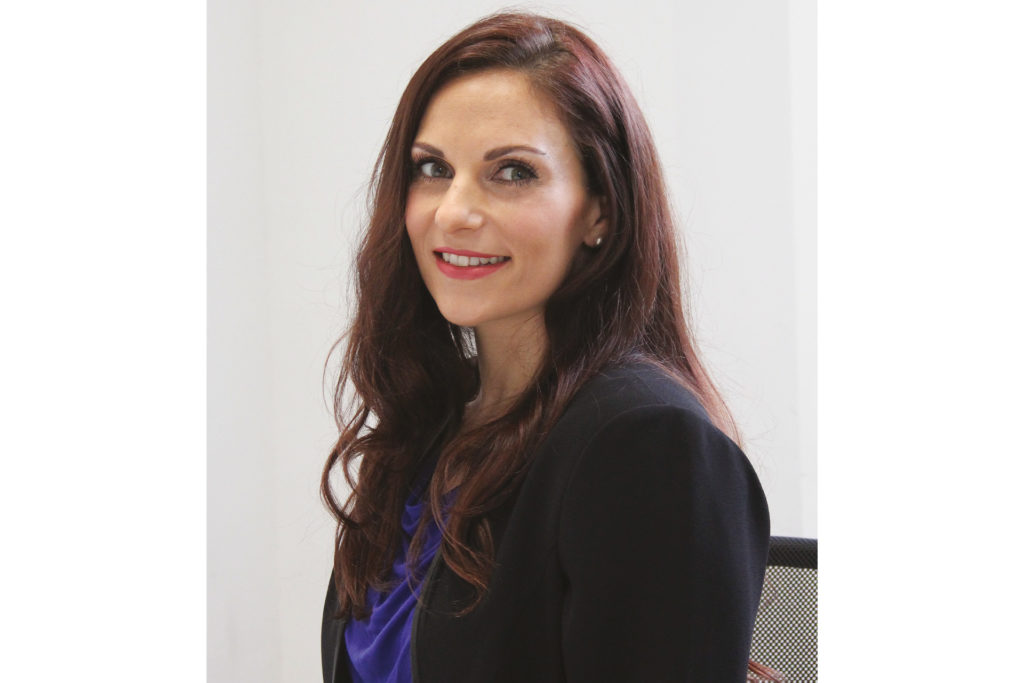Next-Level Learning
By
3 years ago

Improving wellbeing has a key role to play in study, says Dr Sarah Watson

Wellbeing has, quite rightly, been at the forefront of educational research and a focus of schools’ development in recent years. The pandemic, cost of living crisis, growing social unrest, and environmental concerns have exacerbated the impact of mental wellbeing on students’ ability to learn. However, much of the focus of wellbeing has been addressed in the pastoral space of tutor time, PSHE classes, and school counselling services. It takes a more nuanced approach to link this with improved learning in the classroom. Finding the right tools to ensure all members of the school community understand the direct connection between how we feel and process information, and how we learn, is important to take student learning to the next level.
Schools now, more than ever, are working with universities and research centres to utilise up to date research, and model this into best practice for students. This crossover is represented in projects such as the Centre for Educational Neuroscience in London, UK, which combines research from University College, London, Birkbeck and the UCL Institute of Education to further understand how to promote better learning. In practice, mental wellbeing for better learning can be understood and implemented in several ways within a school, starting with the importance of teachers knowing students in depth as individuals, and students being able to reflect on and understand themselves.

DLD College London has partnered with STEER Education to use the latest developments in this area to better support our students. STEER Education provides the AS Tracking assessment, an online self- assessment which measures and tracks a component of affective-social self-regulation called Steering Cognition. They define this as ‘the ability to activate, monitor, inhibit or adapt one’s non conscious, automatic affective-social strategies in response to direction from internal cues, environmental stimuli or feedback from others, in order to bring about an intended outcome’.
In other words, this reflective assessment helps schools, and students themselves, to identify how they react to situations, how they create their own resilience habits, and how to apply this to their learning.

Students have responded positively to the time that DLD has dedicated to this element of their development. ‘It’s really interesting to think about who you are and why you think what you do. We get taught about unconscious bias, so it’s good to be able to check those things on ourselves’. Another student commented, ‘it’s made me think about my bedroom and how I like to organise it. I never thought about it before but making some changes has helped me study’.
The information that the school receives from AS Tracking is then used to create a bespoke Student Action Plan, to support the individual needs of those identified students. STEER Education has reported that eight out of ten students supported by a Student Action Plan self-regulate more effectively following this low-level intervention.
Self-reflection and taking resulting action is not a new concept to education. However, it is the manner in which this is done, for evolving purposes, and consideration of context, that is reimagining the learning experience. We are moving forwards, taking into account students’ preferences in how to receive feedback. How such feedback is interpreted can be heavily influenced by many factors including a student’s culture, their experiences of parenting styles, societies and educational systems, and the emotional space they find themselves at the time.
DLD College London is particularly aware of these factors, considering the 58 different nationalities of students and staff that make up their community. This is an excellent opportunity to continue learning how educationalists can support diverse students in the increasingly international collaborative world in which we live.’
Dr Sarah Watson is Vice Principal (Academic) at urban boarding school DLD College London.
See DLD College’s online listing here.



